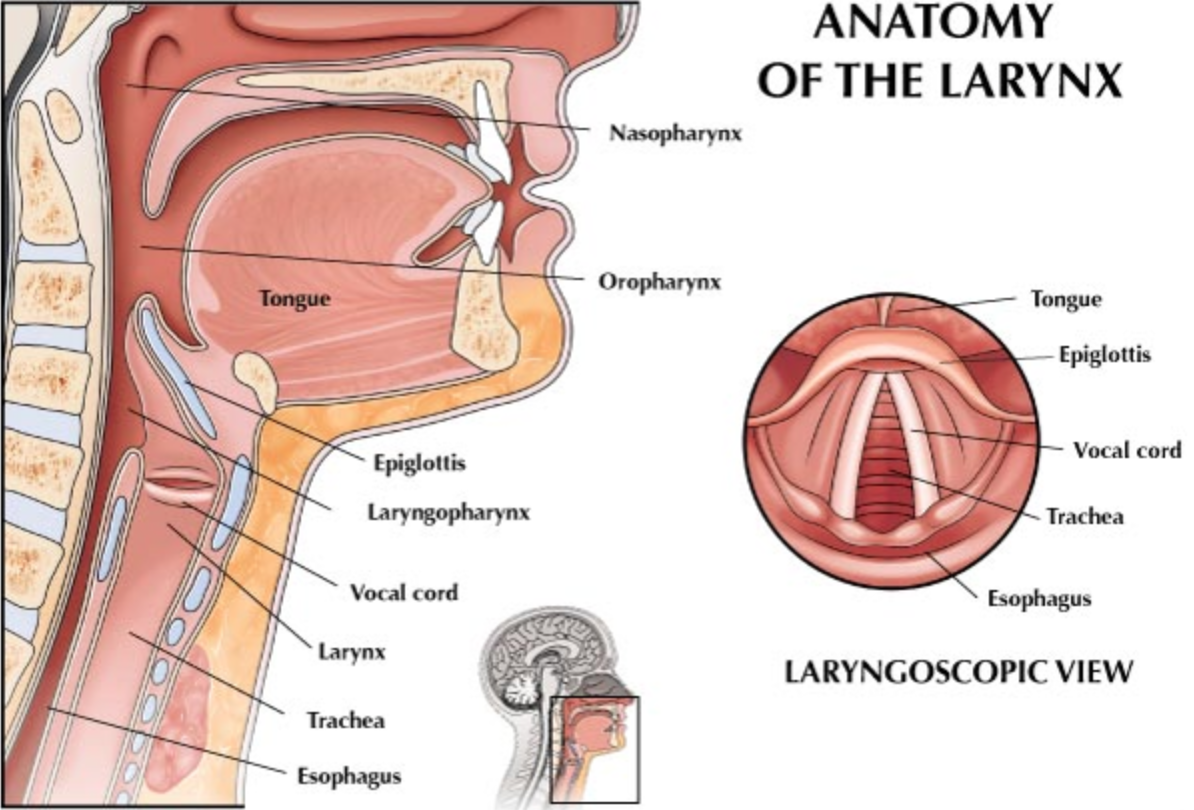Voice Feminization Surgery in Russian Federation
Find the best clinics for Voice Feminization Surgery in Russian Federation
No pricing info available
Thailand offers the best prices Worldwide
Price: $ 4,377
Doctor Proff, located in Spiridonyevskiy Pereulok, Moscow, Russian Federation offers patients Voice Feminization Surgery procedures among its total of 90 available procedures, across 1 different specialties. Currently, there's no pricing information for Voice Feminization Surgery procedures at Doctor Proff, as all prices are available on request only. All procedures and treatments are undertaken by the lead specialist at the Hospital, and they are not accredited by any recognized accreditations institutes
WHY US?
At Medijump, we're making medical easy. You can search, compare, discuss, and book your medical all in one place. We open the door to the best medical providers worldwide, saving you time and energy along the way, and it's all for FREE, no hidden fees, and no price markups guaranteed. So what are you waiting for?

Free

Best Price

Widest Selection

Risk-Free
What you need to know about Voice Feminization Surgery in Russian Federation

Voice feminization surgery is a procedure to help transgender women (male to female) obtain a more feminine sounding voice. The goal of the surgery is to change a perceived male-sounding voice to a female sounding voice. Voice feminization surgery focus on raising the habitual speaking pitch by decreasing the ability to produce a low-pitched voice, meaning it will reduce the overall pitch range of the voice. Most trans-women choose to have a voice feminization surgery because they are not satisfied with the results of voice therapy or they want a more authentic sounding female voice.
What is the cost of Voice Feminization Surgery in Russian Federation?
Several elements influence the price of Voice Feminization Surgery in Russian Federation, making it fluctuate. The selected clinic, surgeon's proficiency, geographic setting, the procedure's complexity, and other expenses such as anaesthesia, hospitalization, and follow-up care all play a role.
One crucial detail to remember is that numerous insurance firms do not pick up the tab for Voice Feminization Surgery. Therefore, liaising with your insurance organization and the clinic is essential to grasp the full extent of the costs involved. Before proceeding, your healthcare provider should offer a comprehensive breakdown of expected expenses to assist in your financial planning.
What does a Voice Feminization Surgery Procedure Involve?
There are several techniques to perform voice feminization surgery. The most common technique is called cricothyroid approximation, which involves elongating the vocal folds to increase vocal pitch. During this procedure, your surgeon brings the cricoid cartilage closer to the thyroid cartilage using metal plates or sutures. The cricoid cartilage is then shifted upward and backward, while the thyroid cartilage is moved downward and forward.
Another technique is called Wandler Glottoplasty. This technique connects the anterior 1/3 of your vocal folds using suture, while the remaining 2/3 act as female length vocal folds, which will yield a slightly higher voice. With this technique, no incisions are created in the neck since the entire procedure is performed through the mouth.
All techniques are performed under general anesthetic, so you will be asleep and comfortable throughout the surgery. The surgical reduction of Adam’s apple may be performed at the same time as voice feminization surgery.
How Long Should I Stay in Russian Federation for a Voice Feminization Surgery Procedure?
Voice feminization surgery generally takes around 40 to 50 minutes to complete. The procedure is normally performed as an outpatient procedure, so you should be able to leave the hospital on the same day. However, you will need to stay in Russian Federation for at least 8 to 10 days as you will have to attend follow-up checkups. During the follow-up checkups, your healing will be monitored and outer stitches will be removed.
It is strongly recommended that you organize for an individual to be present with you or to remain with you for, at minimum, the initial evening following your surgical procedure. Concerning the remainder of your stay in Russian Federation, your course will be directed by the post-operation care strategy put together by your medical professionals who will monitor your recuperation journey prior to approving your departure back to your residence.
What's the Recovery Time for Voice Feminization Surgery Procedures in Russian Federation?
The total recovery time until the tissue completely heals may take as long as six months. However, you should be able to return to most of your normal activities within a couple of weeks. If your job does not require the use of voice, you may be able to go back to work within one week. However, if it involves the use of voice, you need to take two weeks off work. Your surgeon will give you a recovery timeline, including the time you can go back to work and do strenuous activity.
What sort of Aftercare is Required for Voice Feminization Surgery Procedures in Russian Federation?
For the first week, you may not be allowed to speak (absolute silence). It is important that you drink enough water to moisturize the vocal cords. In order to prevent acid reflux, your doctor may advise you to avoid chocolate, caffeine, peppermint, acidic foods, fatty foods, alcoholic drinks, and soda.
You will have to attend follow-up checkups at the third, sixth, and twelfth month after surgery. If you cannot travel to Russian Federation for these checkups, make sure to talk to your surgeon. In most cases, you should be able to do the checkups with your local doctor back at home. Since voice feminization surgery only changes your pitch, you may still need a voice feminizing therapy to work on other vocal behaviors. The therapy will help you adapt to your new voice. It normally targets your vocal pitch, prosody, and vocal resonance. The therapy will also address speech rate, phrasing, articulation, voice quality, and nonverbal communication (such as eye contact and facial expression).
What's the Success Rate of Voice Feminization Surgery Procedures in Russian Federation?
Voice feminization surgery is a safe and effective procedure. Many patients who have had the surgery are satisfied with the results. In this instance, success is ordinarily marked by helping the patient cultivate a feminine voice that aligns with their personal identity.
Nonetheless, one must bear in mind that the efficacy of the operation is strongly linked to the competence of the surgical practitioner, the well-being of the person involved, and compliance with after-surgery care and instructions. Consistent after-surgery assessments, ample relaxation, and linguistic rehabilitation often carry significant weight in securing a successful outcome of the operation.
Are there Alternatives to Voice Feminization Surgery Procedures in Russian Federation?
If you do not want to undergo surgery to feminize your voice, voice therapy alone can be the alternative. The therapy can help you change your vocal characteristics, such as pitch and intonation, as well as nonverbal communication, such as gestures and facial expressions. A speech-language pathologist will help you learn and practice techniques to feminize your voice. The process of voice therapy may be lengthy, necessitating repetition and resilience.
What Should You Expect Before and After the Procedure
Prior to the Voice Feminization Surgery, you'll meet with your surgeon to address your anticipations and any potential worries you may have. A vocal evaluation might also be part of the pre-treatment process. Following the procedure, it's essential to observe a time of complete vocal silence to ensure the proper mending of your vocal cords. Transient alterations in your voice may occur post-surgery.
Once the period of complete vocal silence has ended, you'll gradually begin to use your voice. Participation in speech therapy sessions might be recommended to aid in adjusting to your new voice. Keep in mind, the primary objective is to obtain a voice that is in harmony with your identity and feels comfortable, therefore, it is crucial for patients to remain compliant and dedicated to the post-operative care plan.
If you wanted to adapt your voice and communicate in a way that matches your gender identity, voice feminization surgery will help you achieve that. After the procedure, you can expect to have a more feminine voice with a higher pitch. It may be hard at first to maintain your new voice with loved ones or people who knew you before transitioning, and you might even fear comments about yourself or feel self-conscious about your new voice. Know that these feelings are valid and those who love you will always support you. Try to focus on enjoying what you are doing for yourself.
What are Potential Risks of Voice Feminization Surgery?
Just like any operation, there are potential hazards associated with the Voice Feminization Surgery such as:
- Reduced voice quality
- Dissatisfaction with the final pitch or quality of the voice
- Negative effects on breathing and/or swallowing
- Reduced vocal loudness
- Sore throat
- Scarring
- Infections
Whilst the information presented here has been accurately sourced and verified by a medical professional for its accuracy, it is still advised to consult with your doctor before pursuing a medical treatment at one of the listed medical providers
No Time?
Tell us what you're looking for and we'll reachout to the top clinics all at once
Enquire Now

Popular Procedures in Russian Federation
Prices Start From $28

Prices Start From $1,945

Prices Start From $275

Prices Start From $2,473

Recommended Medical Centers in Russian Federation for Voice Feminization Surgery

- Interpreter services
- Translation service
- Religious facilities
- Medical records transfer
- Medical travel insurance
- Health insurance coordination
- TV in the room
- Safe in the room
- Phone in the room
- Private rooms for patients available

- Interpreter services
- Translation service
- Religious facilities
- Medical records transfer
- Medical travel insurance
- Health insurance coordination
- TV in the room
- Safe in the room
- Phone in the room
- Private rooms for patients available

- Interpreter services
- Translation service
- Religious facilities
- Medical records transfer
- Medical travel insurance
- Health insurance coordination
- TV in the room
- Safe in the room
- Phone in the room
- Private rooms for patients available

- Interpreter services
- Translation service
- Religious facilities
- Medical records transfer
- Medical travel insurance
- Health insurance coordination
- TV in the room
- Safe in the room
- Phone in the room
- Private rooms for patients available

- Interpreter services
- Translation service
- Religious facilities
- Medical records transfer
- Medical travel insurance
- Health insurance coordination
- TV in the room
- Safe in the room
- Phone in the room
- Private rooms for patients available

